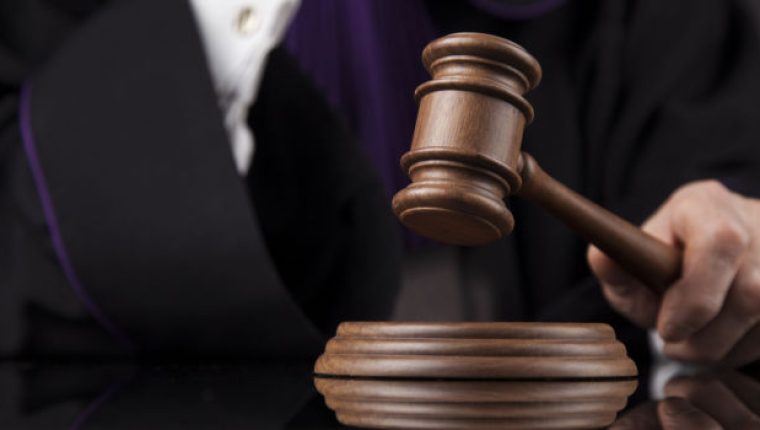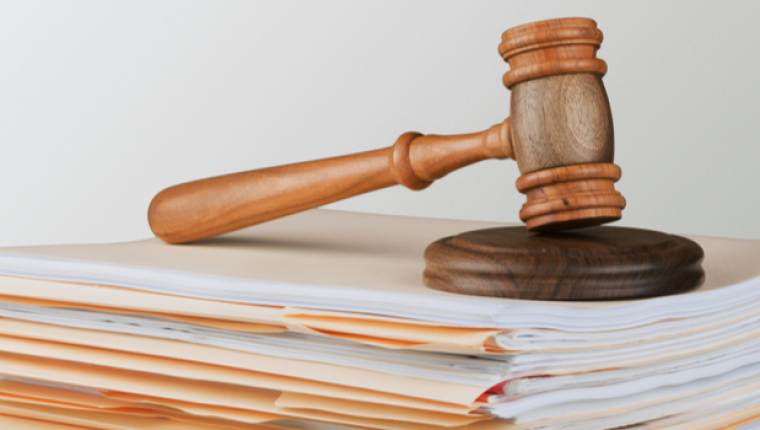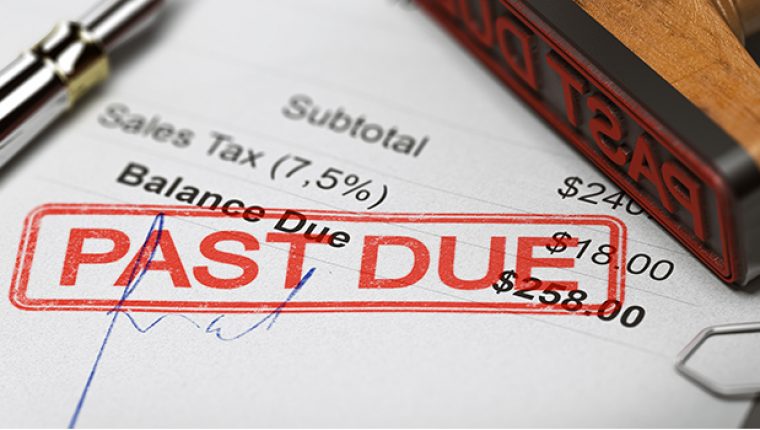Is Resisting Arrest a Felony in the US?
Resisting arrest is a serious crime in the United States and can be classified as either a felony or a misdemeanor, depending on the circumstances. Depending on the state, resisting arrest can result in various punishments, from fines to imprisonment. Therefore, understanding when and how resisting arrest is considered a felony is important to those
Learn More











